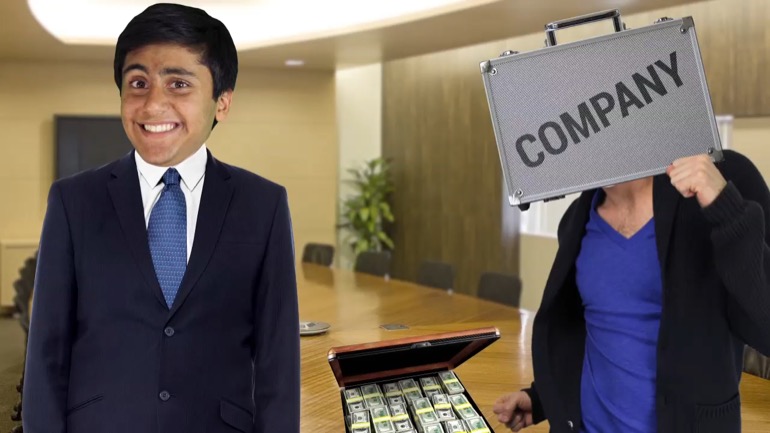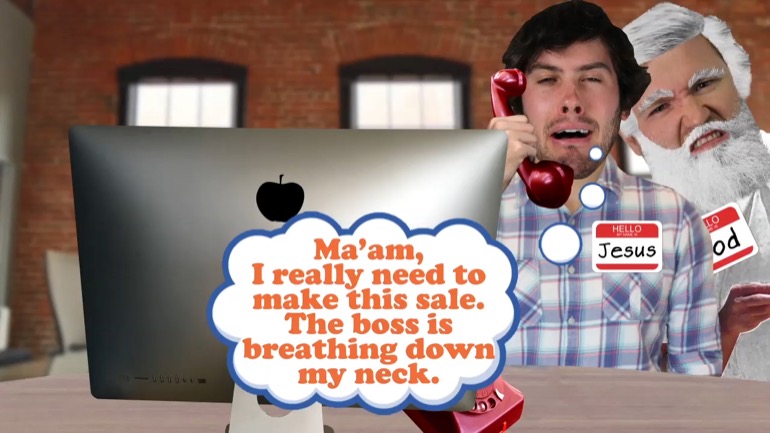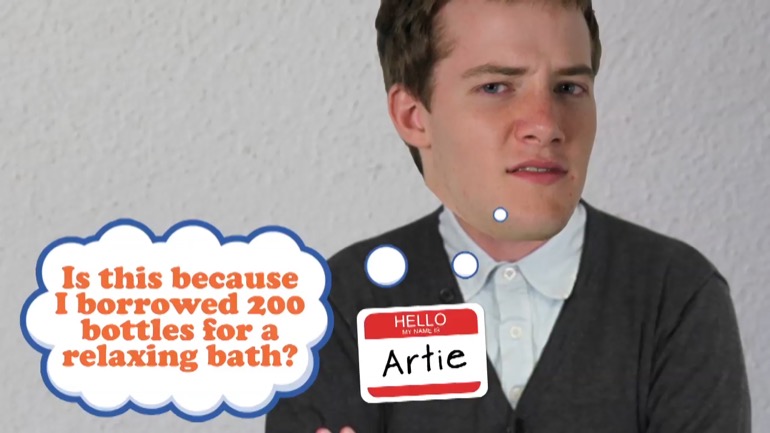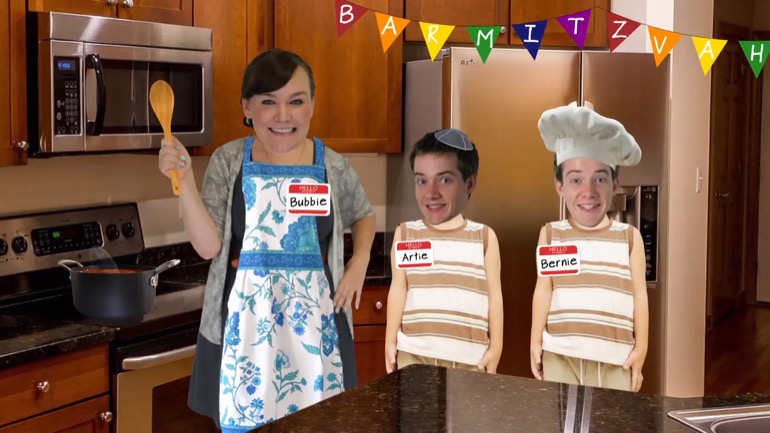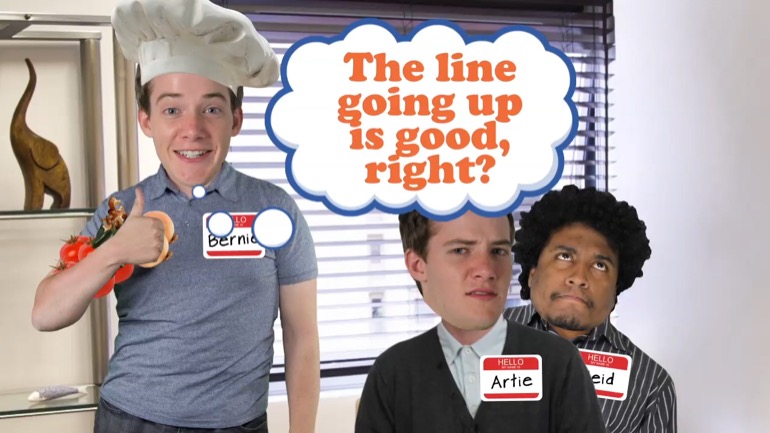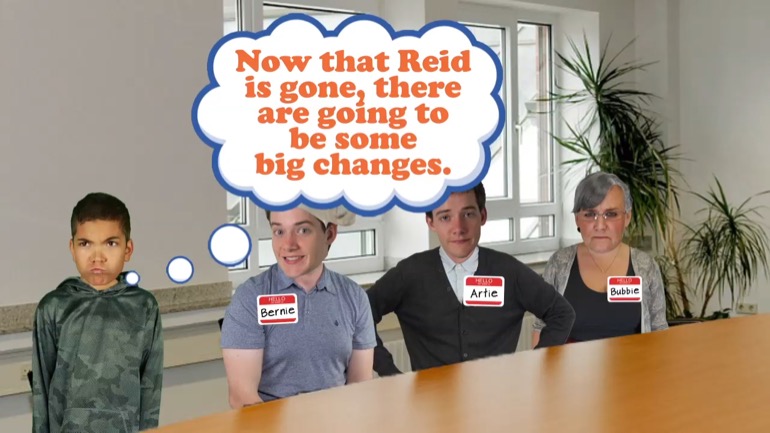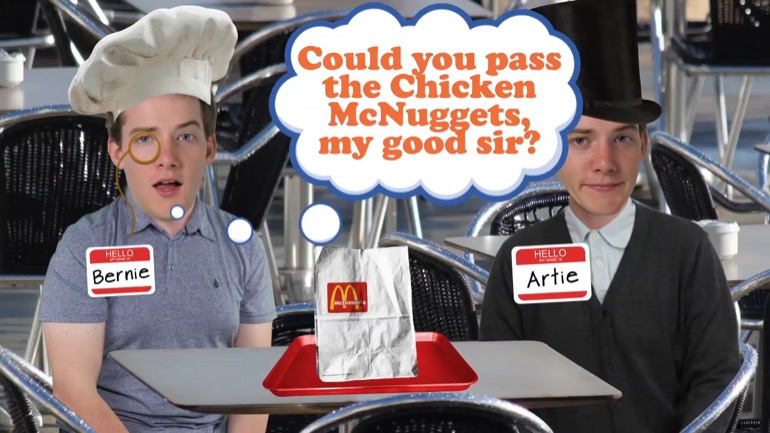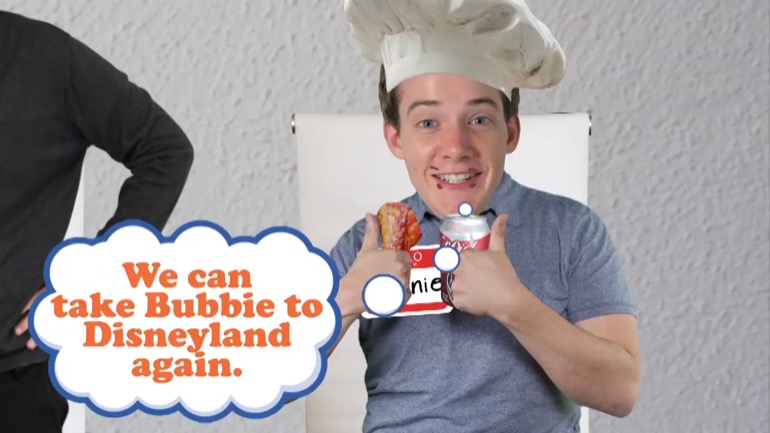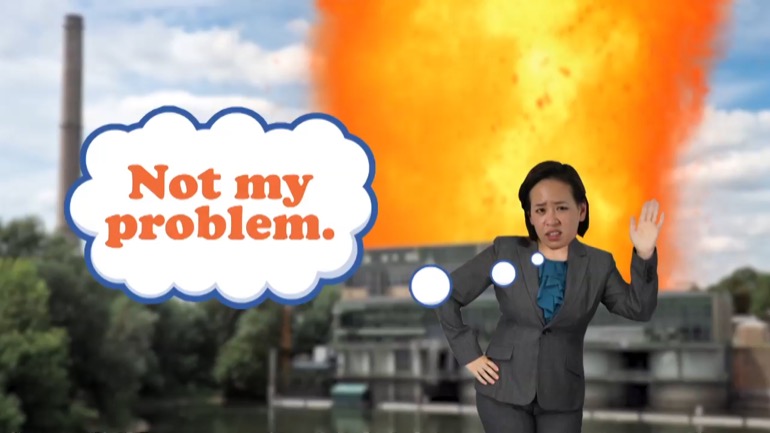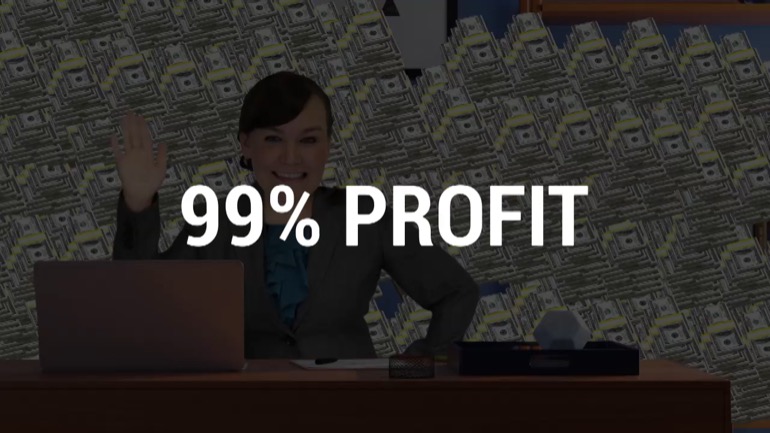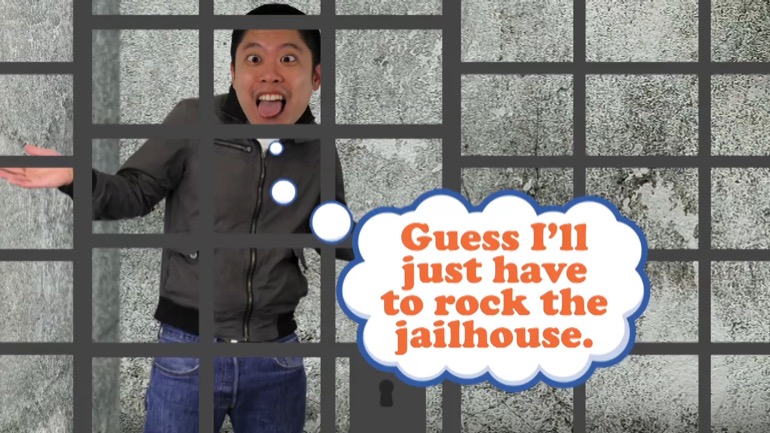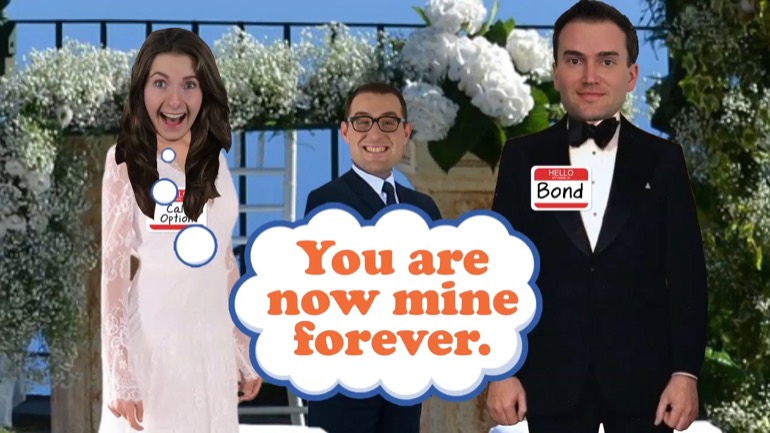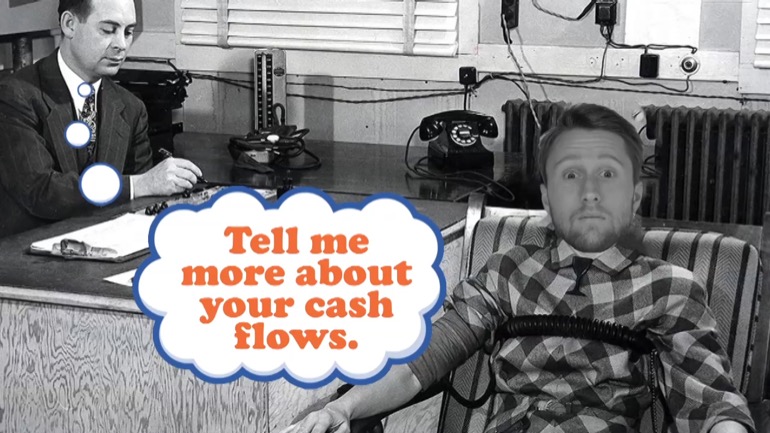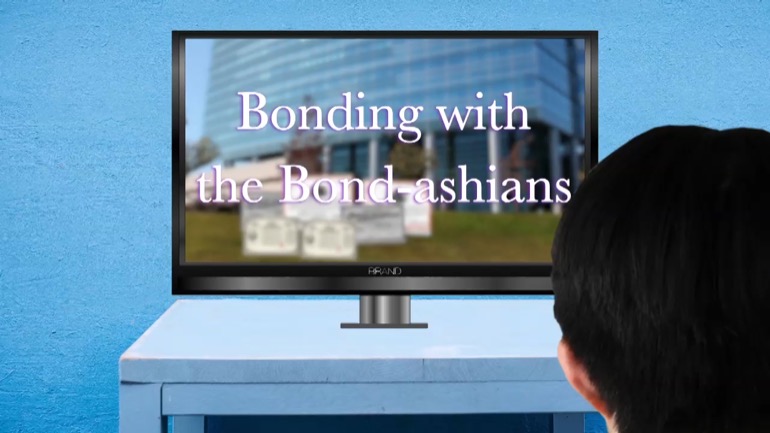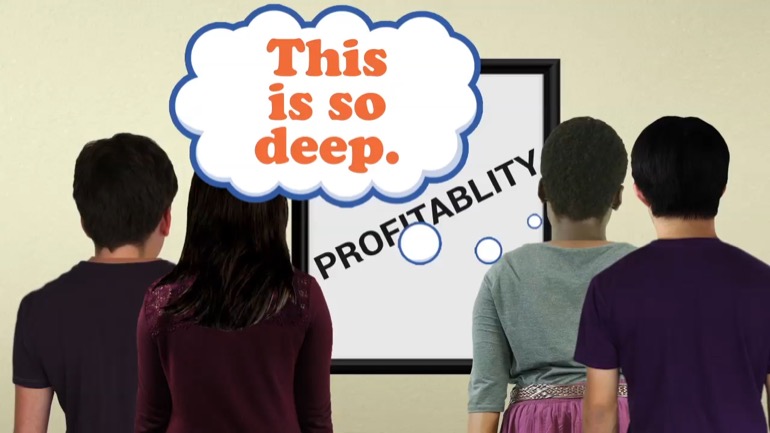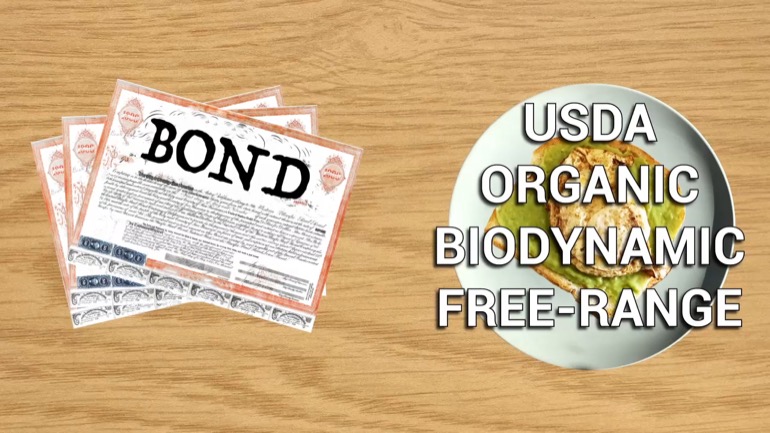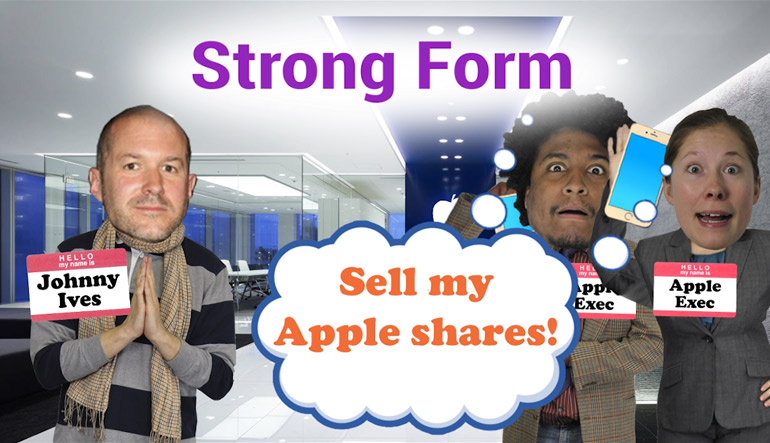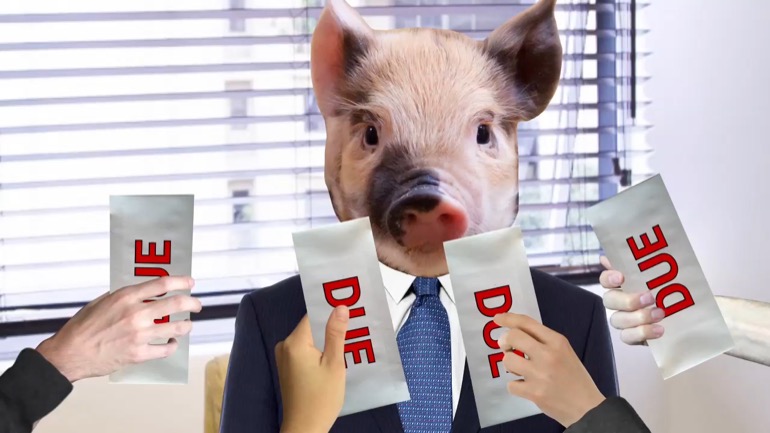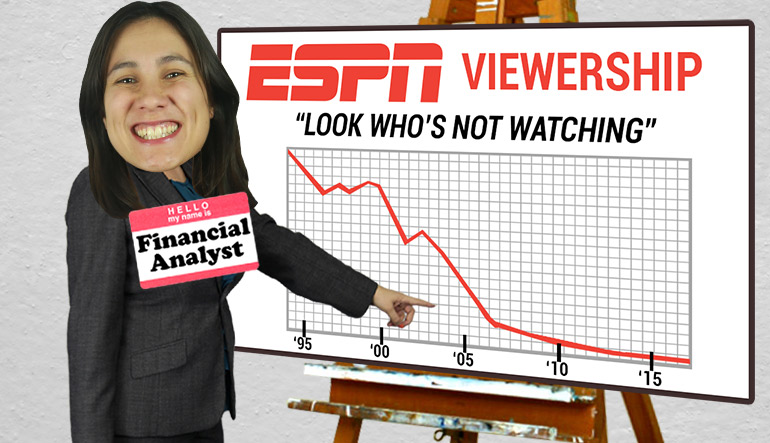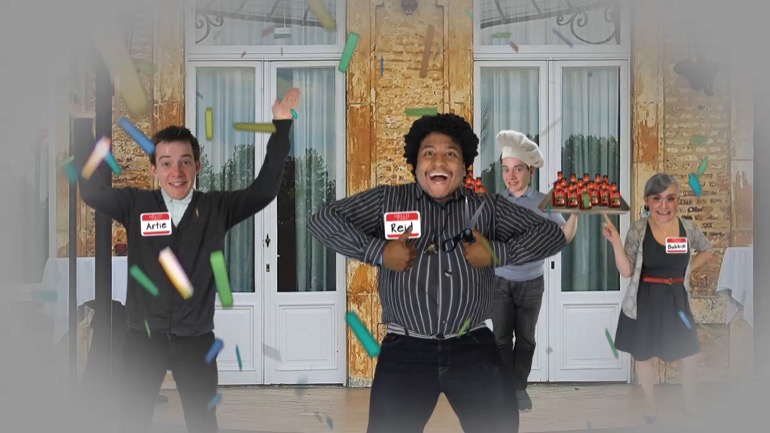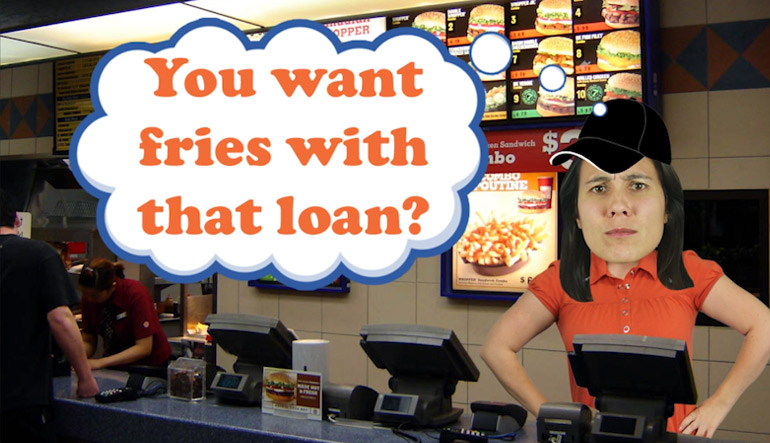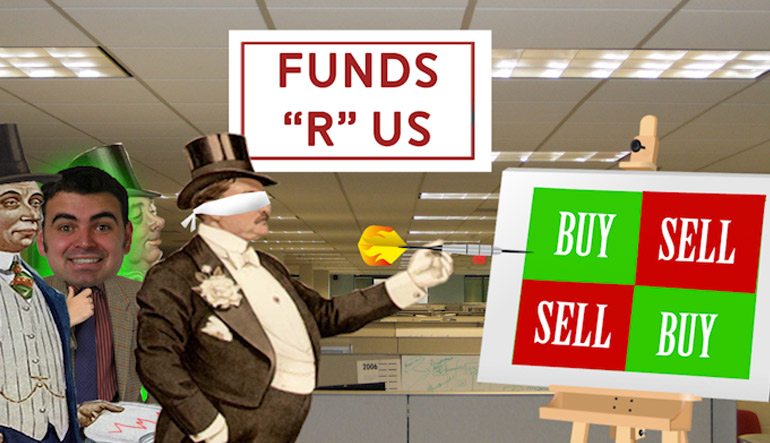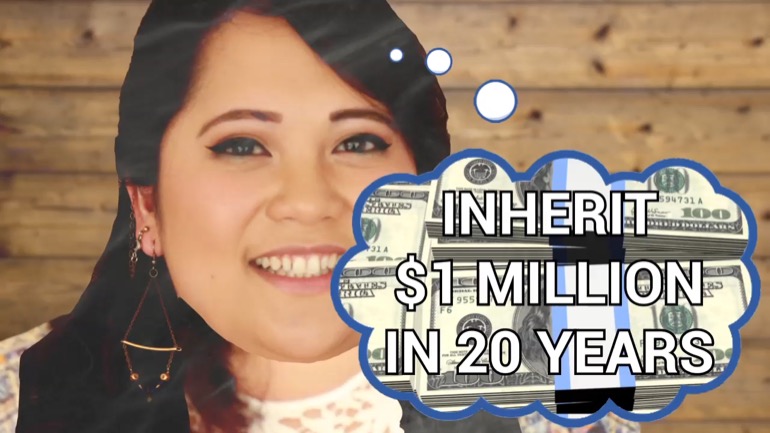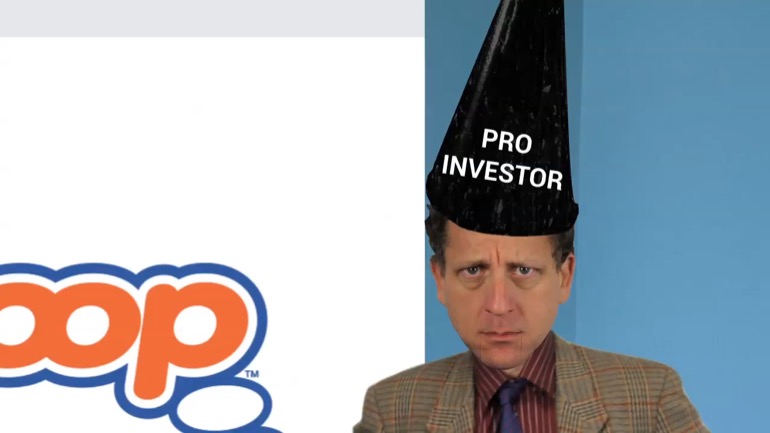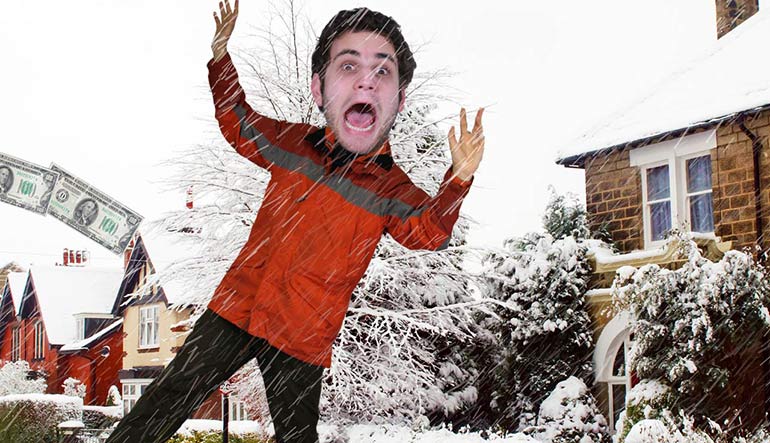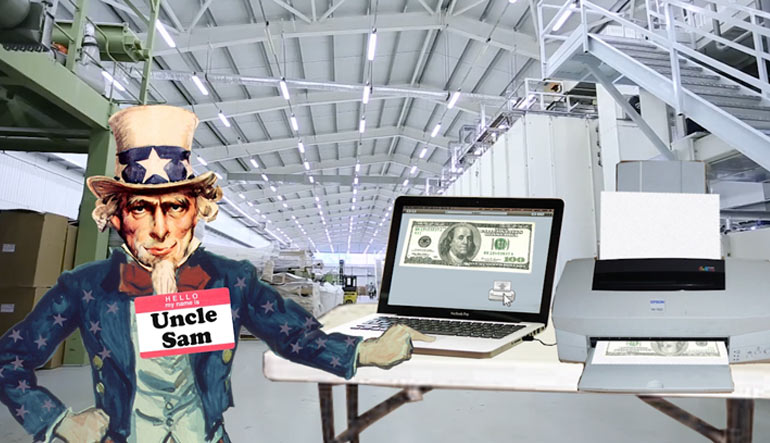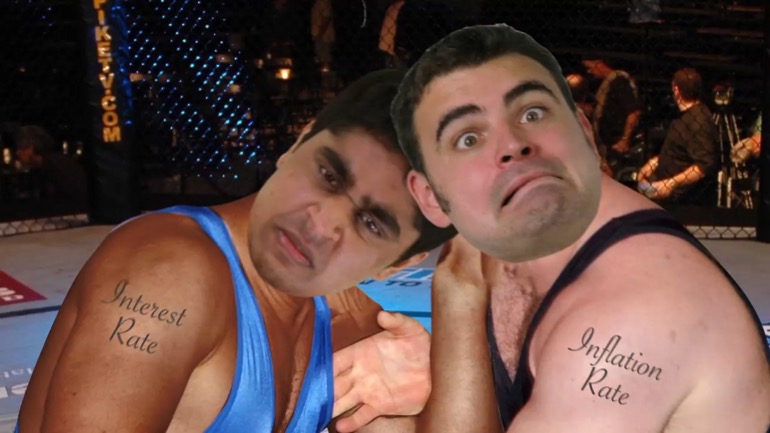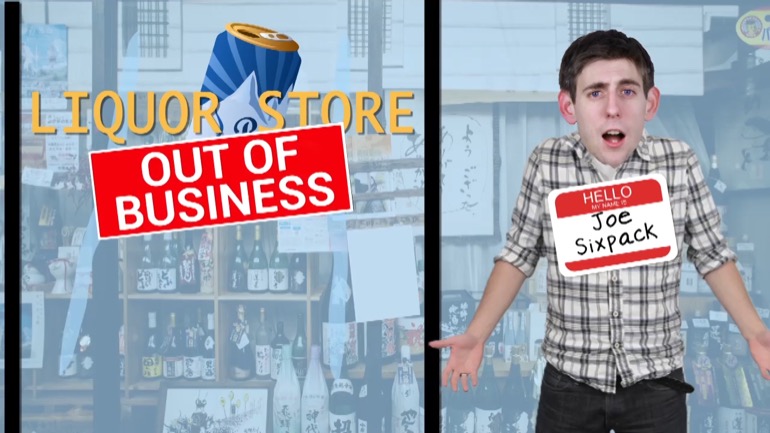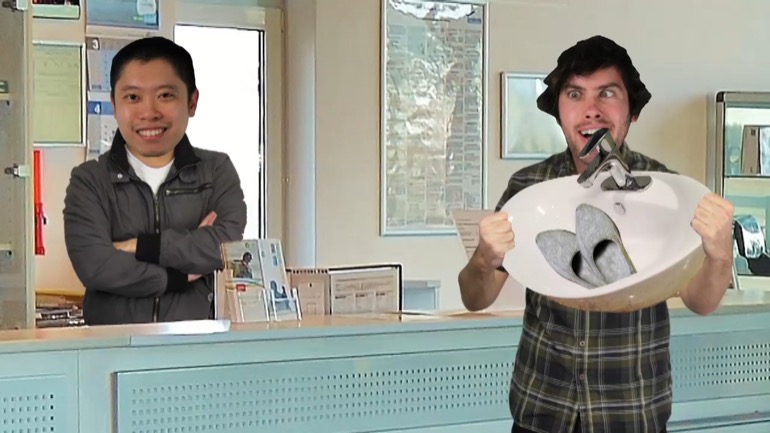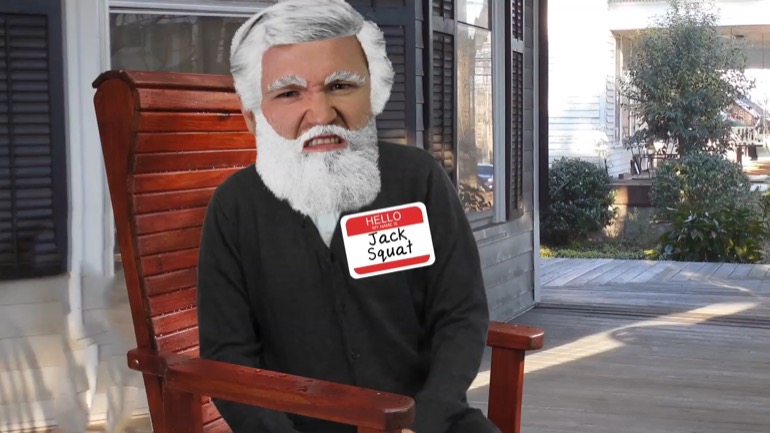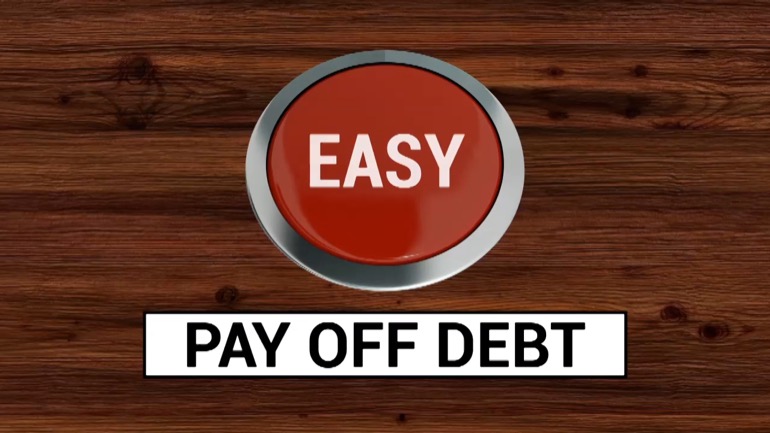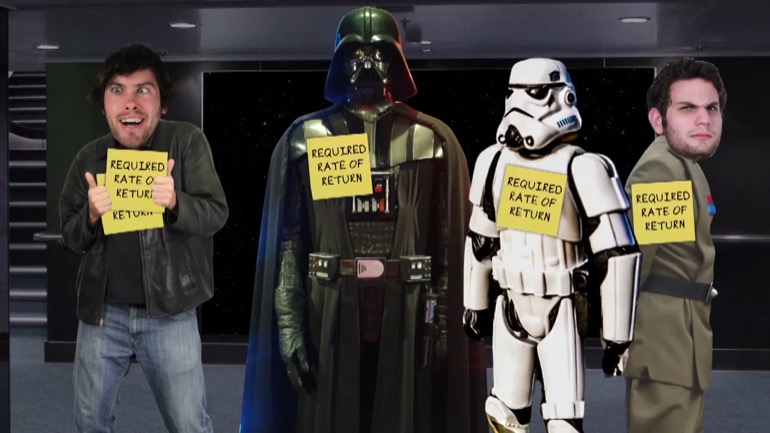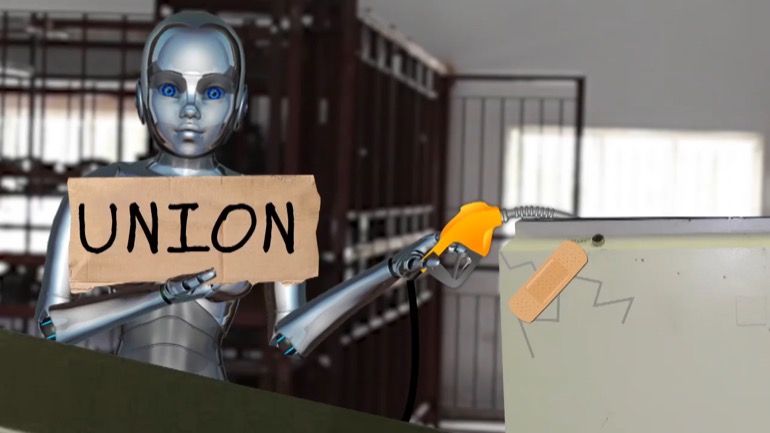ShmoopTube
Where Monty Python meets your 10th grade teacher.
Search Thousands of Shmoop Videos
Principles of Finance Videos 166 videos
How is a company... born? Can it be performed via C-section? Is there a midwife present? Do its parents get in a fight over what to name it? In thi...
Company Formation, Structure, and Inception: Unit Intro. Sorry, Leo DiCaprio fans—we're not going to be breaking down the plot of Inception. We'r...
Okay, so you want to be a company financial manager. It's basically up to you to make money for the shareholders. It would also be swell if you mad...
Principles of Finance: Unit 6, Valuing an Asset 6 Views
Share It!
Description:
Valuing an asset…à la Shmoop.
Transcript
- 00:00
principles of finance a la shmoop valuing an asset so how do you value a
- 00:08
company let us count the ways starting with [Warren Buffet]
- 00:11
thinking about a home even though that's kind of a different animal and you never [picture of house]
- 00:15
owned a home it owns you well one way you could in theory value a
- 00:21
home is to look at the replacement parts of it right you could buy a half acre
Full Transcript
- 00:25
somewhere nearby and simply replicate that same home buying your own timber
- 00:30
pipes electric wire shingles etc and you'd add up all the costs and your time [building materials]
- 00:34
labor in the land and all that stuff and say well that's what it cost me to build
- 00:38
the home that's what it's worth ok that's one way to value it kind of
- 00:41
the cost to build it alright well another way to value that home is to [construction workers working on a site]
- 00:44
look at what it cost when it was built but if the home was built like 35 years
- 00:49
ago is that still relevant like this home here in Palo Alto sells for four
- 00:54
million dollars it was built 38 years ago and it cost a 200 grand back then so
- 00:59
yeah a little different so not not that relevant that would be the book value of [very nice expensive home]
- 01:02
the home sort of but at least the cost of it originally not all that relevant
- 01:06
there's a third way to value a home it's whatever the market will pay for
- 01:09
the home yeah good way to value it it's called Zillow just ask your friendly
- 01:13
neighborhood realtor they know about it Zillow it's kind of an index of [Zillow robot in front of house]
- 01:17
predictions of what Realtors think and it's adjusted on a per square foot basis
- 01:21
to what your neighborhood sells for per foot and then acreage adjusted and all
- 01:26
that crap so zilla's got a good algorithm that does all that and that's [green matrix numbers]
- 01:29
just kind of what they think the market price will be there's a fourth way to
- 01:32
value your home if this home will be worth a million dollars in ten years
- 01:37
what is the most I can pay for it now so that I earn 7.2 percent return on my
- 01:43
investment all right you're gonna discount that future million dollars ten
- 01:47
years away to today that number then is the most the home can be worth to you
- 01:52
the buyer well all of these are at least somewhat reasonable ways of thinking
- 01:56
about valuing a home but a home doesn't produce cash in fact it consumes it just [water faucet working in reverse]
- 02:02
wait till your bathtub pipes break when you're a homeowner and you'll feel us [bathtub pipe breaks and floods are]
- 02:06
big on this one so what if instead of a home we had an apartment building
- 02:09
aka a stream of cash flows okay that makes it
- 02:12
a lot easier alright we have 20 apartments in the building which rent [writing on white board]
- 02:15
for 2 grand a month each that means we're taking in four hundred eighty
- 02:19
thousand dollars a year right twelve months times forty grand we have
- 02:23
maintenance and power and water and insurance and other expenses the total
- 02:26
80 grand a year so we make gross profit of four hundred thousand dollars a year
- 02:31
from this apartment building well what would you pay to own a hundred percent
- 02:35
of the equity in this place the it depends answer is always good with us
- 02:39
here at schmuck can you raise rents over time hmm is the building sellable in ten
- 02:45
years at a big profit a loss or about the same as where you'll have bought it
- 02:49
are there regulatory issues like rent control and a bunch of Socialists in the
- 02:54
government who won't let you do what you want to do with your own investment the
- 02:57
building is fully rented now 100% will it always be that way or will it be more
- 03:02
like eighty or seventy two point three all right and then you think about how
- 03:05
much debt the building could hold so that you have an easier time paying [building turns into a pile of money]
- 03:09
whatever the current owner dreams that it's worth like when you go to buy it if
- 03:14
dead on the building is offered by your friendly local bank cost you ten percent [writing on white board]
- 03:18
a year like they think you're really risky credit and if you paid four
- 03:22
million dollars for that building well the four hundred grand a year you were
- 03:26
collecting and operating profits would all go to the bank and just cover the
- 03:30
interest payments you'd better hope you stay a hundred percent rented during
- 03:34
this period and that nothing physically goes wrong with the building or well you [apartment building bursts into flames]
- 03:38
go bankrupt fast but if you could slowly raise rent rates and make more profit [writing on white board]
- 03:43
while you could eventually pay off that debt and the building then is a nice
- 03:46
cash flow machine well what if interest rates were only
- 03:49
five percent instead of ten could you pay eight million dollars and have the [writing on white board]
- 03:53
same cash flow dynamics as you did in the other scenario well kind of pretty
- 03:57
much at least from a structural perspective but think about that
- 04:00
interest rates dropped in half and the notional value of the building just
- 04:04
almost doubled isn't that crazy how can the building suddenly be worth twice as
- 04:08
much when one little mothy nugget changes no because it does it is that's
- 04:13
what happens welcome to the world of interest rates and how powerful they are
- 04:16
in affecting things like real estate and there's a domino effect that comes with [fingers pushes dominos over]
- 04:20
it most states tax real estate as a
- 04:23
percentage of the purchase price so if interest rates
- 04:26
to go up and real-estate values start to go down well then state taxes start to
- 04:31
go down in a common ingredient that links all of these potential purchases [hand places cash into cooking pot]
- 04:35
is the cash that's flowing in the various directions even if you're just
- 04:39
buying it as an asset with no cash flow like a home eventually you'll want to
- 04:44
sell it out of profits like buying a growth stock that pays no dividend
- 04:48
you're gonna buy it hope the asset appreciates one day sell it and that's
- 04:51
how you kind of do all your math then one day when you sell it in the buyer
- 04:54
wires cash into your Wells Fargo escrow account well then cash has flowed and if [cash flowing down water slide]
- 04:59
you want the fancy-schmancy mathy model check out our video on discounted cash
- 05:03
flow analysis we've got like 18 of them and always remember the phrase cash is
- 05:07
king because well yes it's good to be king [cash sitting on throne an wearing crown]
Related Videos
GED Social Studies 1.1 Civics and Government
What is bankruptcy? Deadbeats who can't pay their bills declare bankruptcy. Either they borrowed too much money, or the business fell apart. They t...
What's a dividend? At will, the board of directors can pay a dividend on common stock. Usually, that payout is some percentage less than 100 of ear...
How are risk and reward related? Take more risk, expect more reward. A lottery ticket might be worth a billion dollars, but if the odds are one in...

